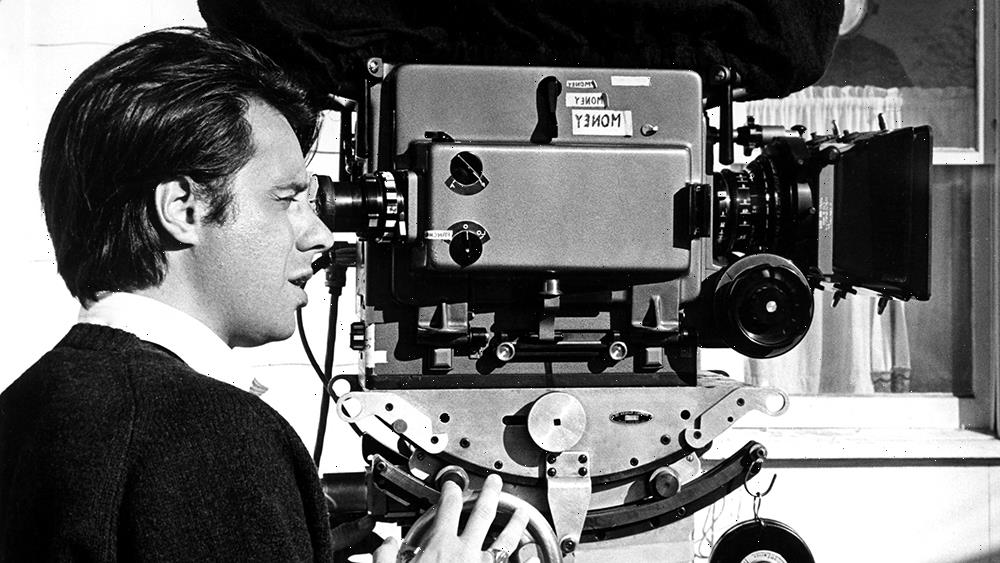In “The Last Picture Show,” Peter Bogdanovich vividly captured life in a dusty Texas town circa 1951 with an honesty and sexual candor that still feels bracing today. Bogdanovich, who died last week at the age of 82, received two Oscar nominations for the 1971 film and went on to make commercial hits such as “Paper Moon,” but never again scaled the same cinematic heights as he did with his early feature, which won statuettes for Ben Johnson and Cloris Leachman. Ellen Burstyn, who received an Oscar nomination for her performance as Lois Farrow, a wealthy woman dissatisfied with her marriage, spoke to Variety about her experiences making the classic film and reflected on Bogdanovich’s life and legacy.
“They sent me the script for ‘The Last Picture Show’ and told me to look at the part of the waitress — that was one of three main female parts. The others were Lois, the role I eventually played, and Ruth, which was Cloris Leachman’s role. I met Peter, and he had me read all three roles. When I was finished, he said, ‘You’re in this picture; now we just have to figure out which part you’re playing.’ Then he called and offered me the part of Ruth, and I said, ‘No, I don’t want to play that part. I want to play Lois.’ And he said, ‘Ruth is the Oscar-winning part.’ And I said, ‘Yes, but I’m going through a divorce right now, and I’m too unhappy and down to play a depressed character like that. I want to play someone who is handling her problems better.’
Lois was in an unhappy marriage, living in a small town, but she still managed to find pleasure where she could. There’s this scene where my husband and I are in front of the television and he’s asleep and I’m flipping through a magazine, bored to death, and I hear a truck pull up and recognize immediately that it’s Abilene’s truck, who is my lover, so I toss the magazine aside, get out of the chair and walk past my sleeping husband and go excitedly to the door. Then the door opens and it’s my daughter, and I realize it is Abilene’s car and my daughter was with him. Suddenly I realize my daughter isn’t a virgin anymore, and she’s sleeping with my lover. As they were lighting it, I said to Peter, ‘I have eight changes in emotion from the beginning of this shot to the end and no lines.’ He gave me a wicked little smile and said, ‘I know.’ And I said, ‘Well, how the hell am I supposed to do this?’ And he said, ‘Think the thoughts of the character, and the camera will read your mind.’ That’s what I did, and it became the way I work.
When we shot the film, we were in this small town, and we all lived together in a motel on the highway. We would all eat dinner together and then gather in somebody’s room, very often mine, and Jeff Bridges would bring his guitar and we would sing together. We got to know each other very well and became a real unit — a family, a community. That was intentional on Peter’s part to put us in a motel on the side of the road with nowhere to go. That bond shows up in the film. It adds to the reality.
Peter was falling in love with [Cybill Shepherd] and we all knew it. Polly Platt, his wife, was the production designer and doing all the wardrobe and handling the overall look of the film. We were all working with her and loved her, so there were some deep cello notes being played while we were experiencing the delight of this artistic harmony.
Peter will be remembered for ‘The Last Picture Show,’ which is one of the greatest movies of all time. It’s like ‘Lawrence of Arabia’ or ‘Doctor Zhivago’; it achieves a level of excellence that makes it impossible to seem dated. I also think he will be remembered as a historian and writer who loved and understood film better than anyone.”
Source: Read Full Article





